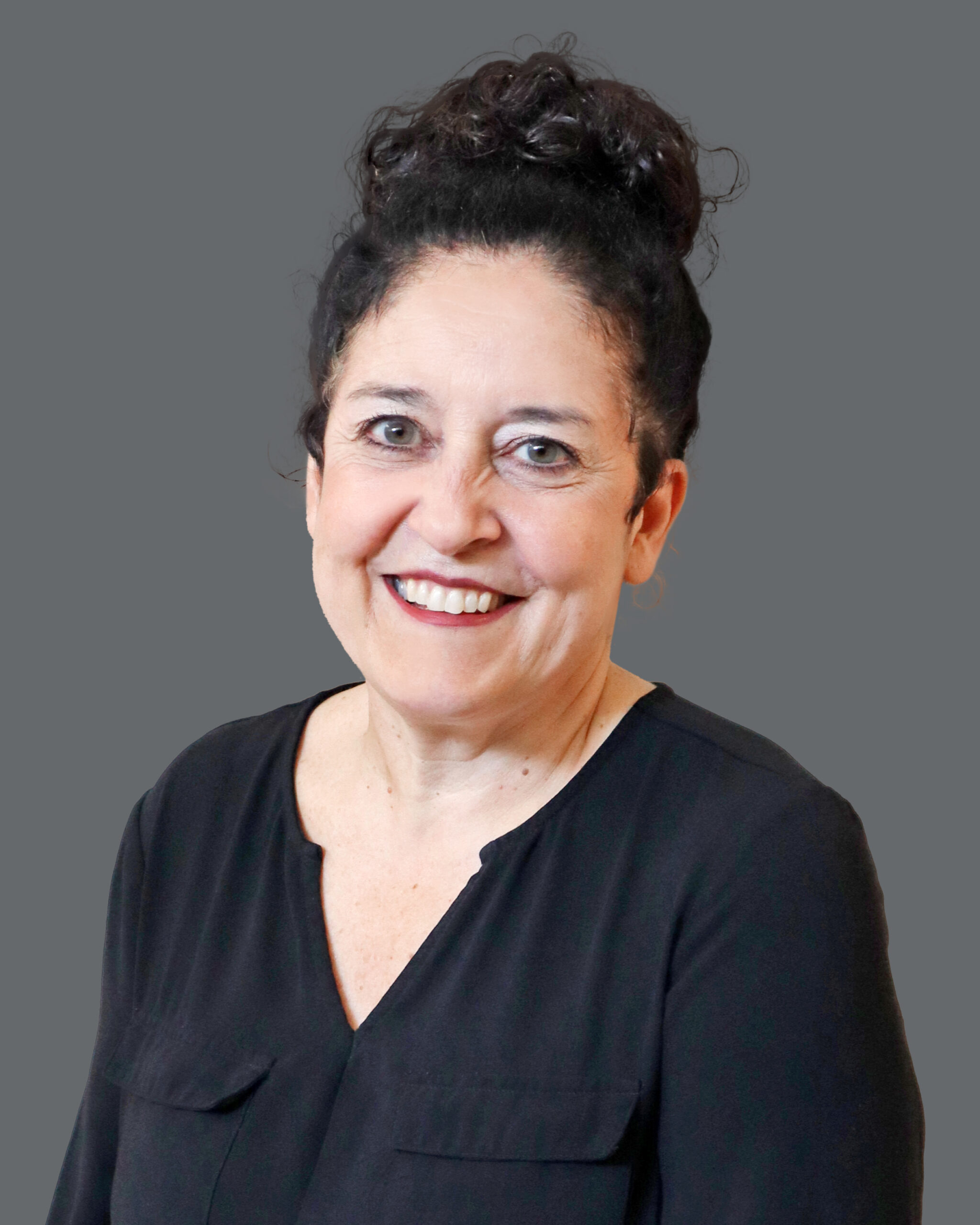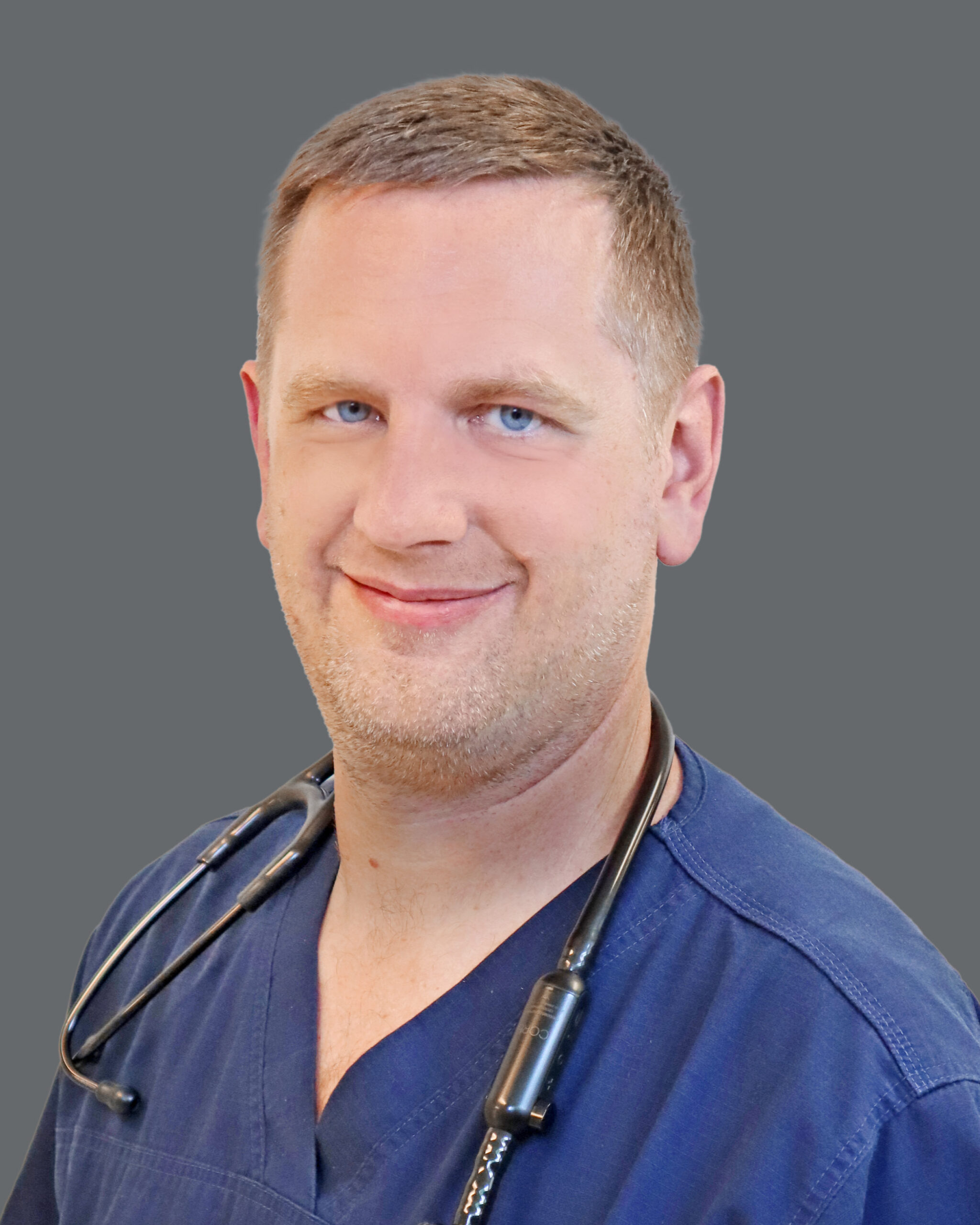
Specialty Services
We offer many outreach specialty services, with visiting physicians and providers in specialty areas. Ask your physician if these specialty services are right for you. Call 712-754-5326 to schedule an appointment.
Please go to the registration desk in the Osceola Regional Health Center lobby to check in for your appointment.
Hours: Monday – Thursday 8:00 a.m. – 4:30 p.m.
FOR IMMEDIATE ASSISTANCE: Call or text 988. Available 24/7/365. You will be connected with counselors who specialize in suicide and crisis.
Osceola Regional Health Center offers medically managed treatment plans for children, adolescents and adults.
■ Anxiety Disorders
– OCD & PTSD
■ Autism Spectrum Disorders
– Asperger Syndrome, Autism
■ Childhood & Adolescent Disorders
– Conduct Disorder, Rett Syndrome
■ Counseling & Therapy
– Marriage & Family, Violence & Abuse
■ Delirium & Neurocognitive
– Alzheimer’s, Dementia, Parkinson’s
■ Eating Disorders
– Anorexia, Bulimia
■ Mood Disorders
– Bipolar, Depression, Postpartum
■ Personality Disorders
■ Sleep Disorders
– Insomnia, Narcolepsy, Night Terrors
■ Schizophrenia & Psychosis Disorders
■ Substance Related & Addictive Disorders
– Alcoholism, Drug Addiction, Gambling
General Surgery
Osceola Regional Health Center is here to ensure that your surgery is as stress-free as possible. ORHC has everything you and your family need to approach your procedure with confidence and comfort. Your personal surgical needs will be met by a skilled surgical team utilizing the latest in surgical technology.
Every member of our medical team is focused on exceeding your expectations for accommodating, professional attention–including our expert anesthetists and our caring nursing staff. It’s all part of our commitment to get you home healthy and healing comfortably.
Our board-certified surgeons are trained to diagnose, treat, and manage patients with a full range of surgical conditions all while keeping you close to home.
Ophthalmology – Eye Care Services
Medical and surgical treatments for:
- Cataracts
- YAG Laser Capsulotomy
- Glaucoma
- Retina Disease and conditions
- Cornea and external Eye diseases and conditions
- Problems related to the eyelid, eye socket, tear ducts and eye tumors
On-site Eye Surgical Suite
Patients benefit from the following:
- State-of-the-art technology
- Privacy and comfort in our optimized operating rooms and post-op suites
- Specially-trained surgeons and staff
- Convenient care in a familiar setting which eliminates the need to travel to another location for surgery. Our hospital provides a patient-friendly environment and promotes a stress-free procedure process
Otolaryngology is a medical specialty which is focused on the ears, nose, and throat (ENT).
The ENT services listed below are all available at Osceola Regional Health Center.
- Balance Disorders
- Chronic Sinusitis
- Head and Neck Cancer (Signs and Symptoms)
- Hearing Loss
- Myringotomy (Ear Tubes)
- Snoring and Sleep Apnea
- Tonsillectomy
Pain Management
Interventional Treatments
- Bursa Injection
- Cryoablation
- Epidural steroid injection
- Facet joint injection
- Joint injection
- Medial branch block
- Occipital nerve block
- Peripheral nerve block
- Radiofrequency ablation
- Sacroiliac joint injection
- Sympathetic plexus block
- Trigger point injection
Common Symptoms Treated
Neck pain, Back pain, Joint pain, Muscle pain, Headaches, Facial pain, Nerve pain, Cancer pain, Chronic pain
Common Pain Disorders Treated
- Bursitis
- Carpal tunnel syndrome
- Coccydynia
- Complex regional pain syndrome
- Cubital tunnel syndrome
- Chronic migraine
- Degenerative disc disease
- Disc herniation
- Facet joint arthropathy
- Failed neck surgery syndrome, Failed back surgery syndrome
- Intercostal neuralgia
- IT band syndrome
- Neurogenic claudication
- Neuropathy
- Myofascial pain syndrome
- Occipital neuralgia
- Osteoarthritis
- Post-herpetic neuralgia
- Post-surgical pain syndrome
- Radiculopathy
- Sacroiliac joint dysfunction
- Sciatica
- Spinal stenosis
- Spinal headache
- Tarsal tunnel syndrome
- Temporomandibular joint dysfunction
- Tendinopathy
- Trigeminal neuralgia
Talk with your healthcare provider to see if you could benefit from a sleep study at Osceola Regional Health Center.
A lack of quality sleep can lead to high blood pressure, diabetes, obesity, strokes, mood swings, heart disease, and even death. It can affect your driving, your work, and your relationships. And excessive, loud snoring makes it hard for others in your household to rest as well. If you think you, or someone you know, may have an undiagnosed sleep disorder, get tested and receive the help you need before it’s too late.
At Osceola Regional Health Center, our ACHC-accredited sleep center is staffed by nationally registered sleep technicians who are committed to ensuring your comfort and providing you with the highest quality experience so you can get tested, diagnosed, and receive the care you need to avoid dangerous health complications, improve your quality of sleep—and your life.
Common signs and symptoms of a sleep disorder
The first and most common sign of sleep apnea is usually observed by your loved ones: snoring. They might also tell you that you make gasping or choking sounds while you’re asleep. Other symptoms common to sleep disorders include:
- Constant tiredness
- Poor concentration
- Morning headaches
- Depressed mood
- Night sweats
- Weight gain
- Lack of energy
- Forgetfulness
- Sexual dysfunction
- Frequent urination at night
Our Sleep Center can test for a variety of sleep disorders, including:
- Insomnia
- Narcolepsy
- Periodic Limb Movement Disorder
- Parasomnia
- Sleep Apnea
- Heart Arrhythmia Detection
- Seizure Disorder
- Sleepwalking/Sleep talking
- Respiratory Disorder
- REM Sleep Behavior Disorder
- Pediatric Sleep Studies, if patient is 11 or older
Call 712-754-3658 to schedule an appointment with your Osceola Regional Health Center primary care provider to discuss your symptoms if you think you may be a candidate for a sleep study.
Wound Care
at Osceola Regional Health Center
 |
To schedule an appointment with Brenda WalshWound/Ostomy CareCall: 712-754-5300 |
 |
To schedule an appointment with Nathan PetersWound CareCall: 712-754-5349 |
We’re dedicated to healing wounds, preventing lower limb loss and optimizing outcomes for our patients
If you or a loved one has a wound that is of concern or is not healing properly, we encourage you to visit the wound center for an evaluation.
A wound that is not healing properly may be complicated by underlying conditions such as diabetes, circulation problems or previous radiation treatment. Sometimes, the simplest of wounds can turn into a significant problem because the body’s normal healing process is affected. Other types of hard-to-heal wounds result from pressure, trauma or infection. Non-healing wounds can have serious health consequences and may adversely affect your quality of life.
Types of Wounds Treated
We specialize in the treatment of all types of non-healing and difficult-to-heal wounds including:
- Diabetic foot ulcers
- Venous ulcers
- Pressure ulcers
- Non-healing, surgical wounds
- Arterial/ischemic ulcers
- Post-radiation injury to tissue or bone
- Traumatic wounds
- Infected wounds
- Crush injuries
- Compromised flaps or grafts
What Can Our Wound Care Patients Expect?
Your course of treatment depends on what type of wound you have. During your first visit, our staff will evaluate your wound and review your medical history. You may also need special tests that give us information about circulation and infection. This will help to determine what course of treatment you will need.
Once a treatment plan has been prescribed, you will visit the wound healing center weekly for specialized treatments and documentation of your healing progress. Keeping appointments and following directions are critical to attaining a positive healing outcome. Some things you can do to assist with your healing:
- Care for your wound at home as directed by the wound care team
- Take medications as directed
- Return for your follow-up appointments
- Keep regular appointments with your primary care physician while you are receiving wound care treatment

Health Fact
High blood pressure greatly increases your risk of heart disease and stroke. If your blood pressure is below 120/80 mm Hg, be sure to get it checked at least once every two years, starting at age 20. If your blood pressure is higher, your doctor may want to check it more often.
